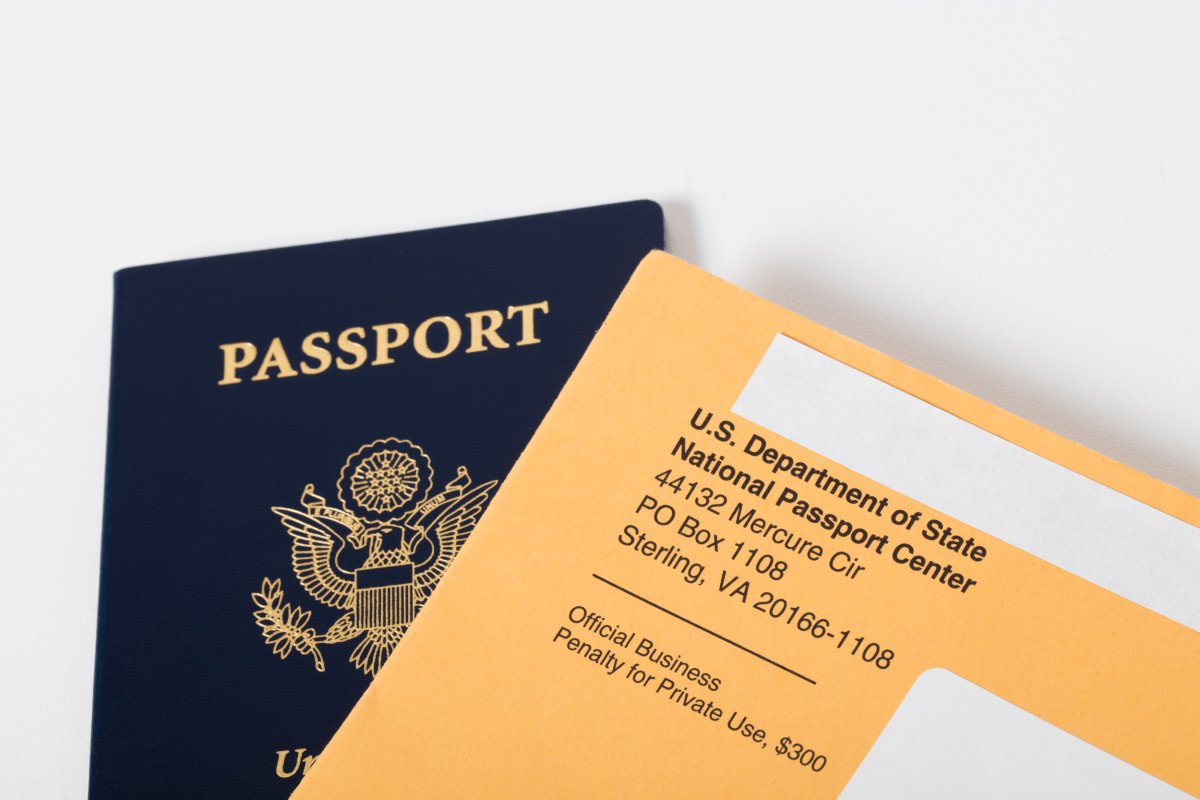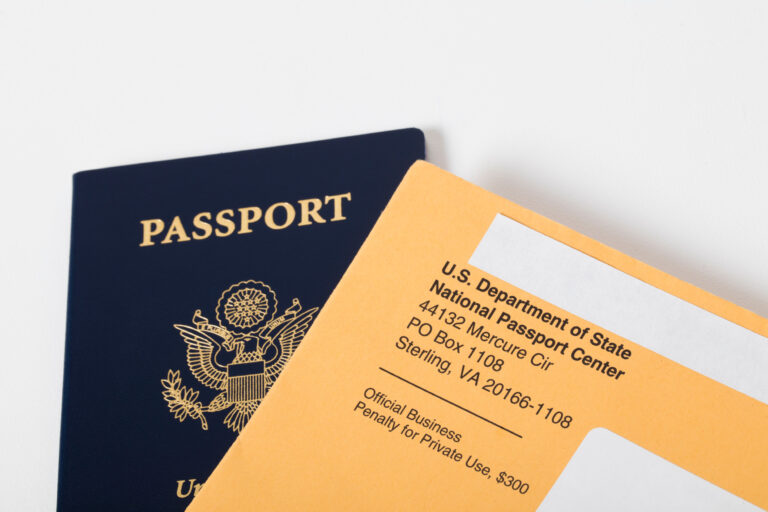A three-judge panel in the Boston-based appeals court expressed deep skepticism about arguments from President Donald Trump’s Department of Justice as the administration seeks to overturn birthright citizenship, according to Reuters.
Why It Matters
Trump’s executive order, signed on Inauguration Day in January, seeks to restrict birthright citizenship and could potentially affect the rights of millions of U.S.-born children. The order directs U.S. agencies to refuse citizenship to children unless at least one parent is a U.S. citizen or lawful permanent resident.
The crux of the issue sits in the interpretation of the 14th Amendment, which will determine whether the constitutional guarantee of citizenship for children born on American soil to non-citizen or undocumented parents remains intact.
The case has already gone before the San Francisco-based 9th Circuit Court of Appeals, which last month ruled that the order is unconstitutional, upholding a lower-court decision that blocked nationwide enforcement.

Stock Photo – Getty Images
What To Know
The Boston-based 1st U.S. Circuit Court of Appeals on Friday grilled Justice Department lawyer Eric McArthur over the core arguments of the administration’s position on birthright citizenship, who reiterated Trump’s argument that the 14th Amendment was only meant to extend citizenship to the children of former slaves—not the children of immigrants in the country either temporarily or unlawfully.
The judges, all appointed by Democratic presidents, pointed to the Supreme Court’s ruling in United States v. Wong Kim Ark, which guaranteed citizenship to any child born in the country to non-citizen parents.
Chief U.S. Circuit Judge David Barron mused that the judges “aren’t free to disregard” the Supreme Court’s previous ruling.
Shankar Duraiswamy, a lawyer for New Jersey, argued before the court that the Supreme Court has “repeatedly recognized children born to individuals who are here unlawfully or who are here on a temporary basis are nonetheless birthright citizens.”
While the Supreme Court in June ruled in favor of limiting nationwide injunctions, it allowed certain exceptions within the limits of a certified segment of people for class-action lawsuits to retain that power.
U.S. District Judge Leo Sorokin of Massachusetts in July ruled that a previously granted nationwide injunction against Trump’s order could stay in place, even in light of the new Supreme Court restrictions, because “no workable, narrower alternative” would give the plaintiffs relief.
A New Hampshire court in the same month also acted within the new ruling to certify a nationwide class of plaintiffs, which included all children born on U.S. soil. The Trump administration has sought to appeal this ruling alongside Sorokin’s.
What People Are Saying
Judge Patrick Bumatay, who dissented in the 9th Circuit’s ruling, wrote: “We should approach any request for universal relief with good faith skepticism, mindful that the invocation of ‘complete relief’ isn’t a backdoor to universal injunctions.”
Former Palm Beach County State Attorney Dave Aronberg via X, formerly Twitter, to Newsweek in July: “Easy decision. If President Trump wants to eliminate birthright citizenship, he needs to change the Constitution. But he can’t repeal the language of the 14th Amendment via executive order.”
Representative Claudia Tenney, a New York Republican, posted to X on Wednesday: “Birthright citizenship was never meant to be a reward for breaking our immigration laws. The Constitutional Citizenship Clarification Act makes it clear: No citizenship for children born to illegal aliens, foreign spies, or terrorists.”
What Happens Next
Legal experts and state attorneys general anticipate that the Supreme Court’s possible review will provide a landmark ruling on the meaning of the 14th Amendment—a decision that may reshape the rights of children born on U.S. soil and the future of American immigration policy.
This article includes reporting by the Associated Press.


